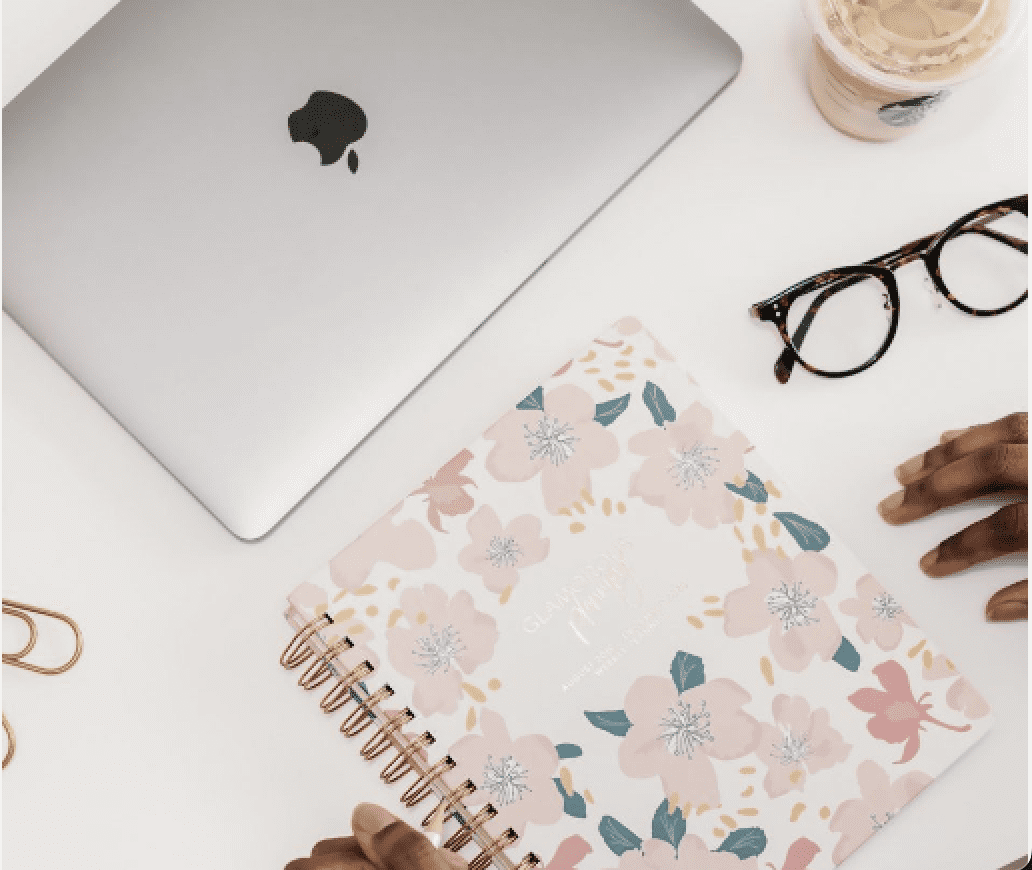Art has always been a powerful medium for human expression. From ancient cave paintings to modern masterpieces, art has the ability to evoke emotions, tell stories, and inspire awe. But beyond its aesthetic appeal, art also holds the potential to transform our relationship with ourselves. In this article, we will explore how engaging in creative expression can foster self-love and contribute to personal growth.
1. Introduction: The Power of Art
Artistic expression is a universal language that transcends cultural boundaries. It allows individuals to communicate their deepest thoughts and emotions, providing an outlet for self-expression. Engaging in art can be a transformative experience, helping individuals discover hidden aspects of themselves and encouraging personal growth.
2. Art as a Path to Self-Discovery
Art provides a unique opportunity for self-reflection and exploration. Through the process of creating art, individuals can delve into their inner world, uncovering their fears, desires, and dreams. Whether it’s painting, sculpting, writing, or dancing, artistic endeavors enable individuals to express their authentic selves and gain a deeper understanding of who they are.
3. Embracing Imperfection: Artistic Self-Acceptance
One of the beautiful aspects of art is its capacity to celebrate imperfections. In the realm of art, there is no right or wrong. This freedom from judgment allows individuals to embrace their imperfections and develop a sense of self-acceptance. Through art, we learn that mistakes and flaws are an integral part of the creative process and that they can be transformed into unique expressions of beauty.
4. Cultivating Self-Expression Through Art
Artistic expression provides a safe space for individuals to express their thoughts and emotions without fear of judgment or criticism. Whether it’s through colors, shapes, words, or movements, art allows us to communicate in ways that words alone cannot. By engaging in creative activities, we learn to trust our intuition, tap into our emotions, and find our authentic voice.
5. Boosting Confidence and Self-Esteem
Creating art can significantly boost confidence and self-esteem. As individuals witness their ideas taking shape and their skills improving, they gain a sense of accomplishment and pride in their artistic creations. Artistic endeavors provide a tangible representation of one’s growth and progress, fostering a positive self-image and nurturing a belief in one’s abilities.
6. Art Therapy: Healing Self-Love Through Creativity
Art therapy has emerged as a powerful form of therapy that utilizes art as a means of healing and self-expression. Under the guidance of a trained art therapist, individuals can use art to process emotions, reduce stress, and work through psychological challenges. Art therapy offers a non-verbal and non-threatening approach to therapy, allowing individuals to explore their feelings and experiences at their own pace.
7. Finding Joy and Mindfulness in the Creative Process
Engaging in art can be a deeply immersive and joyful experience. When we create art, we enter a state of flow, where our focus is fully absorbed in the present moment. This state of mindfulness promotes relaxation, reduces anxiety, and enhances overall well-being. The process of creating art becomes a form of meditation, allowing us to escape the pressures of daily life and find solace in our creativity.
Read more:
- Top 7 Ways to Blossom and Ignite Your Dreams in Midlife
- Love Thyselfie: The Secret to Taking Gorgeous Photos of Yourself
- The Midlife Adventure: Exploring New Possibilities and Self-Love Along the Way
8. Art as a Means of Self-Care
In today’s fast-paced and stressful world, self-care has become increasingly important. Art offers a valuable tool for self-care, allowing individuals to carve out dedicated time for themselves and engage in activities that bring them joy and fulfillment. Whether it’s painting, playing a musical instrument, or writing poetry, engaging in art can recharge our batteries, reduce stress, and nourish our souls.
9. Overcoming Challenges and Building Resilience
Artistic endeavors often come with challenges and setbacks. However, these challenges provide valuable opportunities for personal growth and resilience-building. The process of facing artistic obstacles, experimenting with different techniques, and persevering through difficulties strengthens our resilience muscles. Through art, we learn to embrace challenges as opportunities for growth and develop the resilience to overcome obstacles in other areas of life.
10. Sharing Your Art: Building Connection and Empathy
Art has the power to bring people together and foster connections. Sharing our art with others opens up a dialogue, allowing us to connect on a deeper level and create a sense of belonging. Art has the ability to evoke emotions, spark conversations, and promote empathy. By sharing our artistic creations, we contribute to the collective human experience and build bridges of understanding between individuals.
11. Unlocking Your Inner Potential: Artistic Growth and Self-Development
Engaging in art is a lifelong journey of growth and self-development. As we explore different artistic mediums, experiment with techniques, and expand our creative horizons, we unlock our inner potential. Artistic growth is not only about honing our technical skills but also about deepening our self-awareness, broadening our perspectives, and evolving as individuals. Through art, we embark on a continuous path of self-discovery and personal transformation.
Click Here to get more information
Conclusion
Art is a powerful tool for personal growth, self-expression, and self-love. Through creative expression, we can discover our true selves, embrace imperfections, and cultivate self-acceptance. Art offers a means of self-care, healing, and resilience-building, while also fostering connections and promoting empathy. So, whether you pick up a paintbrush, dance to your favorite song, or write a poem, remember that art has the potential to bring immense joy and help you build a stronger relationship with yourself.

One Response